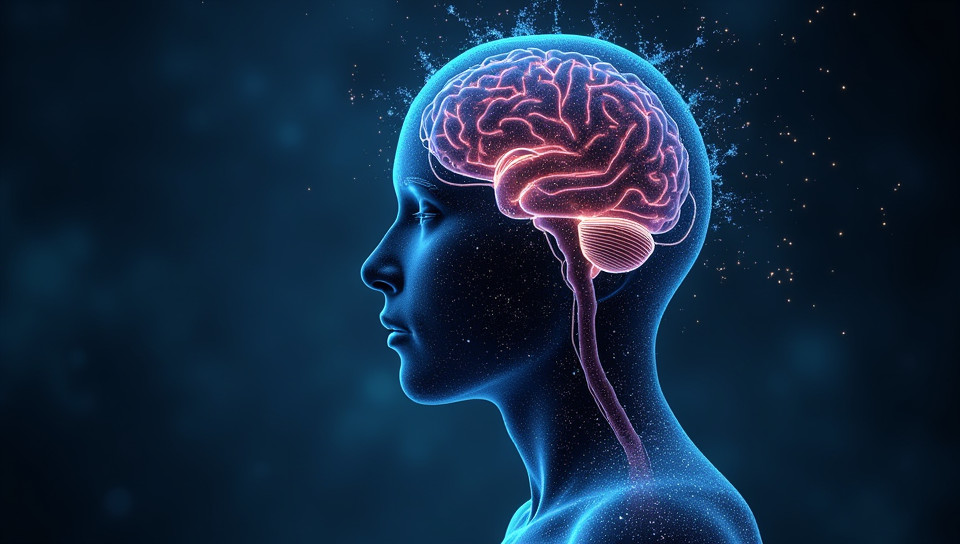Mental health conditions share underlying neurobiological mechanisms 57%

The Hidden Connections Between Mental Health Conditions
Mental health conditions are a complex and multifaceted phenomenon that affects millions of people worldwide. For decades, researchers have been trying to understand the underlying causes of these conditions, with many turning their attention to the neurobiological mechanisms at play.
A Shared Biology?
Recent studies have shed light on the idea that mental health conditions may share common underlying neurobiological mechanisms. This notion suggests that despite the apparent differences between conditions like depression, anxiety, and schizophrenia, there may be a set of shared biological pathways that contribute to their development and maintenance.
The Role of Neurotransmitters
One key area of research has focused on the role of neurotransmitters in mental health conditions. Neurotransmitters are chemicals that transmit signals between neurons, and imbalances or abnormalities in these chemicals have been linked to a range of mental health conditions.
-
- Dopamine dysregulation has been implicated in schizophrenia and Parkinson's disease
-
- Serotonin imbalance is associated with depression and anxiety disorders
-
- GABA dysfunction has been linked to anxiety and seizure disorders
The Importance of Neural Circuits
Another area of research has highlighted the importance of neural circuits in mental health conditions. Neural circuits are networks of interconnected neurons that work together to process information, and abnormalities in these circuits have been linked to a range of conditions.
Abnormalities in Brain Structure and Function
Research has shown that individuals with mental health conditions often exhibit abnormalities in brain structure and function. These changes can include reduced volume or activity in certain brain regions, as well as altered connectivity between different parts of the brain.
The Implications for Treatment
The discovery of shared underlying neurobiological mechanisms between mental health conditions has significant implications for treatment. By targeting common biological pathways, researchers may be able to develop more effective and targeted treatments that address the root causes of these conditions.
A More Holistic Approach
A greater understanding of the shared biology of mental health conditions also suggests a need for a more holistic approach to treatment. This might involve combining traditional talk therapies with pharmacological interventions, as well as incorporating lifestyle changes such as exercise and meditation into treatment plans.
Conclusion
The discovery of shared underlying neurobiological mechanisms between mental health conditions represents a major breakthrough in our understanding of these complex and multifaceted phenomena. By targeting common biological pathways, researchers may be able to develop more effective treatments that address the root causes of these conditions. As we continue to explore the neural basis of mental health, it is clear that there are still many unanswered questions and areas for further research. However, with a greater understanding of the shared biology of mental health conditions, we may finally begin to see a shift towards more targeted, effective, and compassionate treatment approaches.
- Created by: Dylan Romero
- Created at: Oct. 13, 2024, 6:14 a.m.
- ID: 12276






